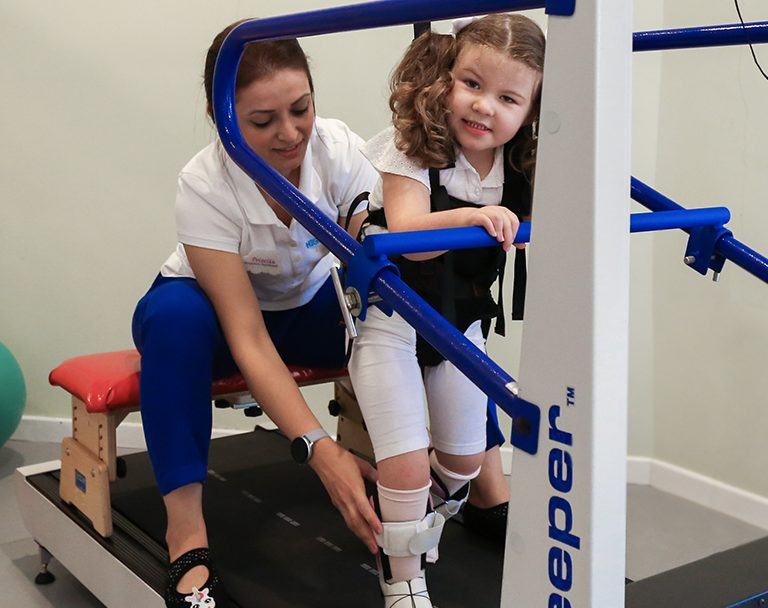As a concerned parent, it can be overwhelming to see your baby in discomfort or struggling with certain movements. However, by implementing some simple baby physiotherapy techniques, you can help your little one develop strong and healthy muscles. A few of these techniques are:
Early movement encouragement:
From the early days, encourage gentle movement in your baby. Incorporate activities such as tummy time to help strengthen neck and upper body muscles. This supports the development of essential motor skills and also contributes to the prevention of positional plagiocephaly, or flat head syndrome.
Observation and responsive interaction:
Pay close attention to your baby’s movements and physical responses. Be responsive to their cues, noting any asymmetries or preferences in movement. If you observe patterns that may indicate issues, seek guidance from a pediatric physiotherapist for a professional assessment.
Supportive holding and positioning:
Practice supportive holding and positioning techniques that aid in your baby’s physical development. Ensure that the baby’s head is well-supported during feeding, and vary the positions in which you hold your baby to promote balanced muscle development. A physiotherapist can provide personalized guidance based on your baby’s unique needs.
Gentle stretching exercises:
Incorporate gentle stretching exercises into your daily routine. These exercises can help improve flexibility and prevent tightness in muscles. Consult with a physiotherapist to learn appropriate stretches for your baby’s age and developmental stage.
Promoting symmetry in movement:
Encourage symmetrical movements to prevent imbalances. For example, when placing your baby in their crib or changing table, alternate the direction of their head to discourage consistently turning in one direction. Promoting balanced movements supports overall motor development.
Interactive play to stimulates motor skills:
Engage in interactive play that stimulates motor skills. Use age-appropriate toys and activities that encourage reaching, grasping, and exploring. Playtime serves as a natural and enjoyable way to support the development of fine and gross motor skills.
Monitoring milestones and seeking guidance:
Stay informed about developmental milestones and monitors your baby’s progress. If you notice delays or challenges in achieving milestones, seek guidance from a pediatric physiotherapist. Early intervention is crucial in addressing issues and supporting optimal development.
